Renewable energy resources do not just have the potential to meet Jordan’s electricity needs but, by 2050, they could provide more than 60 times the country’s energy consumption.
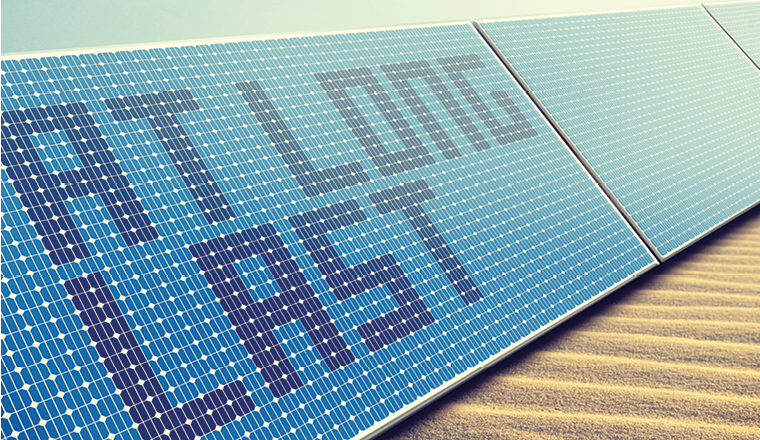
27 April 2024

Renewable energy resources do not just have the potential to meet Jordan’s electricity needs but, by 2050, they could provide more than 60 times the country’s energy consumption.

Arab heads of state signed the Damascus Declaration in 2007, a pledge “to take necessary measures and develop competent plans to enhance renewable energies in their countries’ energy portfolios.” Across the Middle East and North Africa today, it looks as if these promises are coming to fruition, with governments actively promoting the growth of the renewable energy sector.
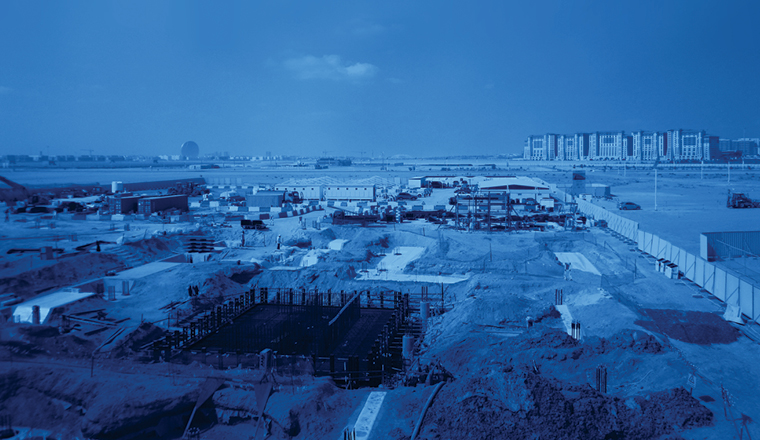
In 2008, Abu Dhabi embarked on ambitious plans to create a world-leading sustainable eco-city that would serve as a blueprint for how other cities can accommodate rapid urbanisation while reducing energy output, water and waste. This vision was realised in Masdar City – a city reliant on clean energy generated on-site from rooftop solar technology as well as one of the largest photovoltaic (PV) installations in the Middle East.
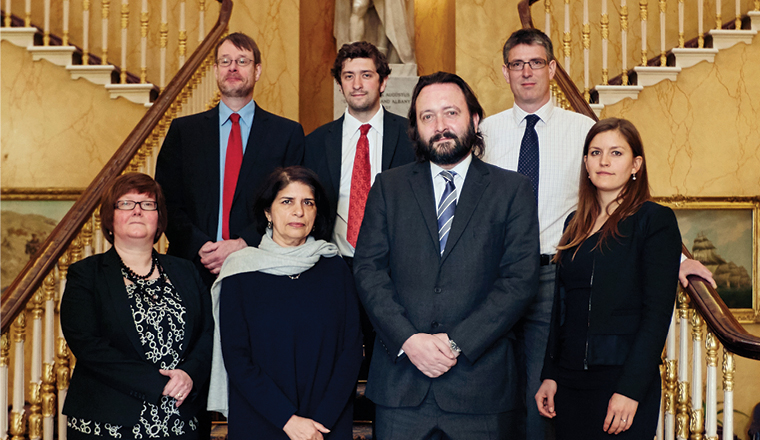
In June, EMEA Finance held a roundtable on environmental, social and governance (ESG) investment. Topics under discussion included the growing threat of ESG-related risk, how to turn knowledge into an investment tool, and what banks can learn from corporates.
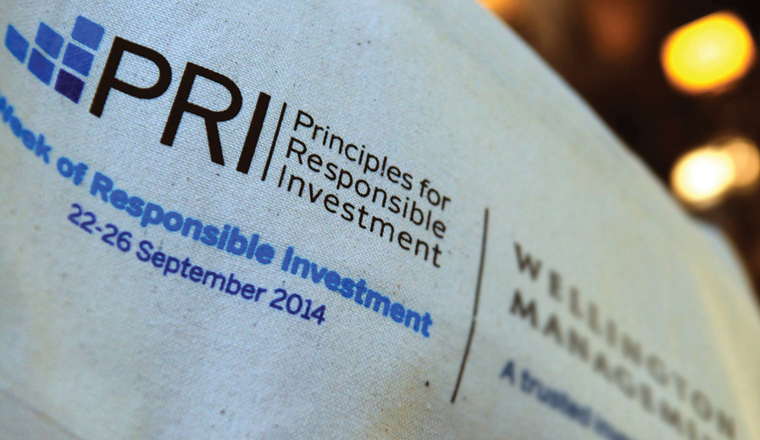
Being a signatory to the UN Principles for Responsible Investment (PRI) has become a badge of honour for many pension funds and asset managers.
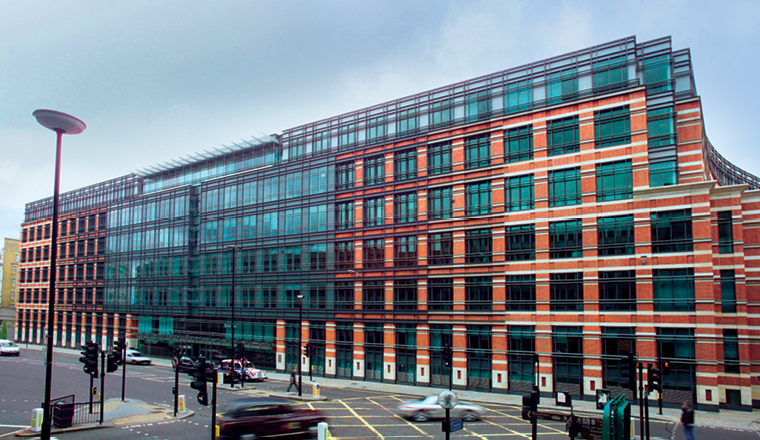
Banks and asset managers are rushing-in to adopt environmental, social and governance (ESG) risk when making investment decisions. They are starting to provide their clients with direct assess to professional advisors who specialise in this area as well.

On June 5 Norway’s parliament approved a proposal that will see its gargantuan US$900bn Government Pension Fund Global divest stakes in mining companies that derive more than 30% of their revenues from coal and power companies that are more than 30% reliant on coal for generation.
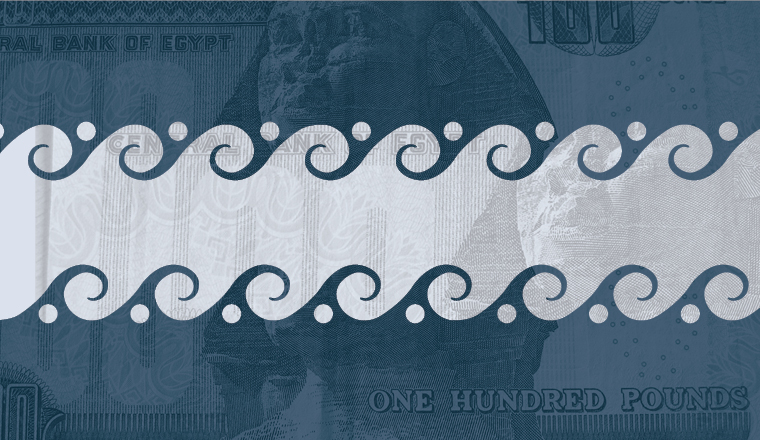
Egypt’s domestic capital markets have been experiencing something of a resurgence, particularly its stock exchange. Listings started to pick up last year when in May Arabian Cement Company (ACC) tested the market with a US$109mn IPO.
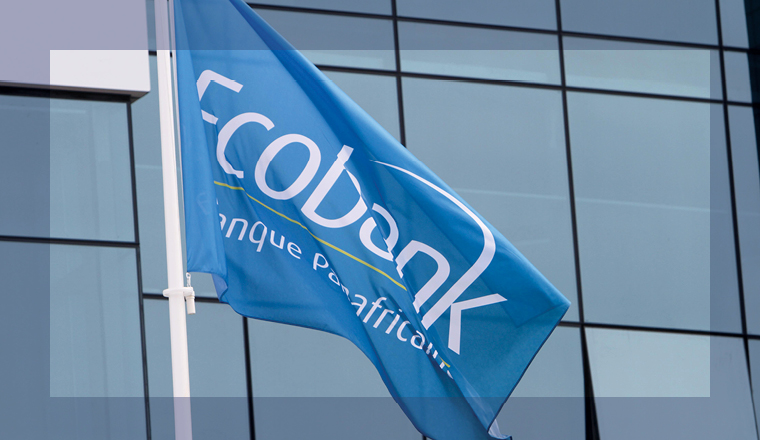
Last year saw the closing of the largest African-led transaction to take place in Central Africa. The leader of that deal, Ecobank Capital’s Mohamed El Fadel Kane, speaks to EMEA Finance about the deal and what’s in the pipeline for this year.
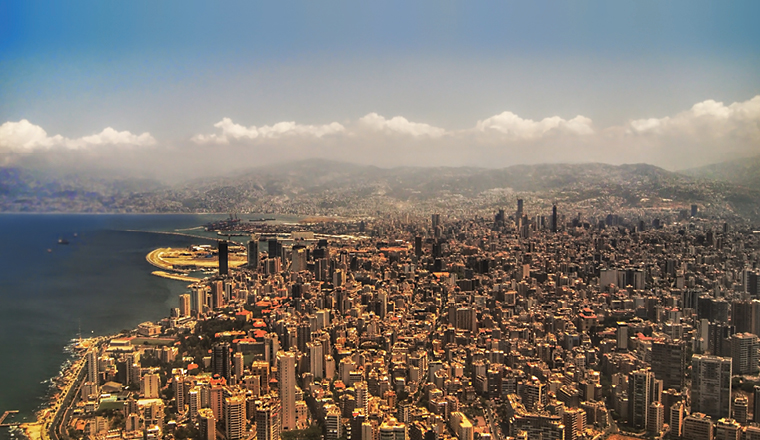
Lebanon’s banking sector continues to be defined by strong capitalisation and ample liquidity. A loyal network of depositors and inflows of generous remittances from wealthy Lebanese residing abroad make a strong contribution to the sector’s resilience as well.

As well as having much of the risk drained out of it, the securitisation market is also growing again. Up to the end of May 2015, the volume of securitisation in EMEA was up 68% at US$24.7bn, the most active first quarter since 2007 when it hit US$150bn.
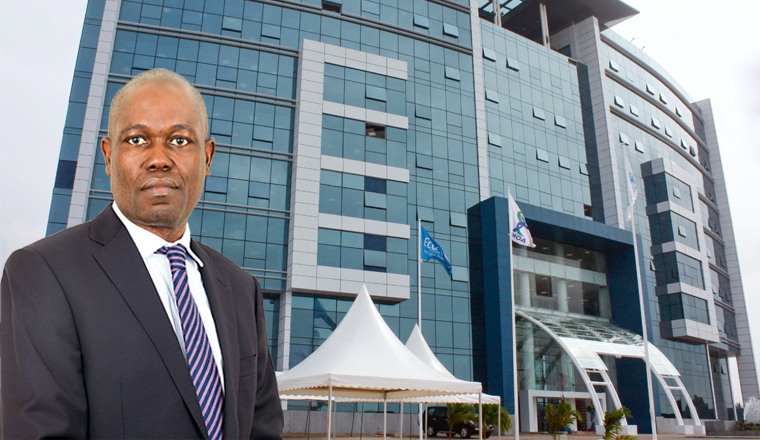
Pan-African investment bank Ecobank appoints Ade Ayeyemi as its new CEO.